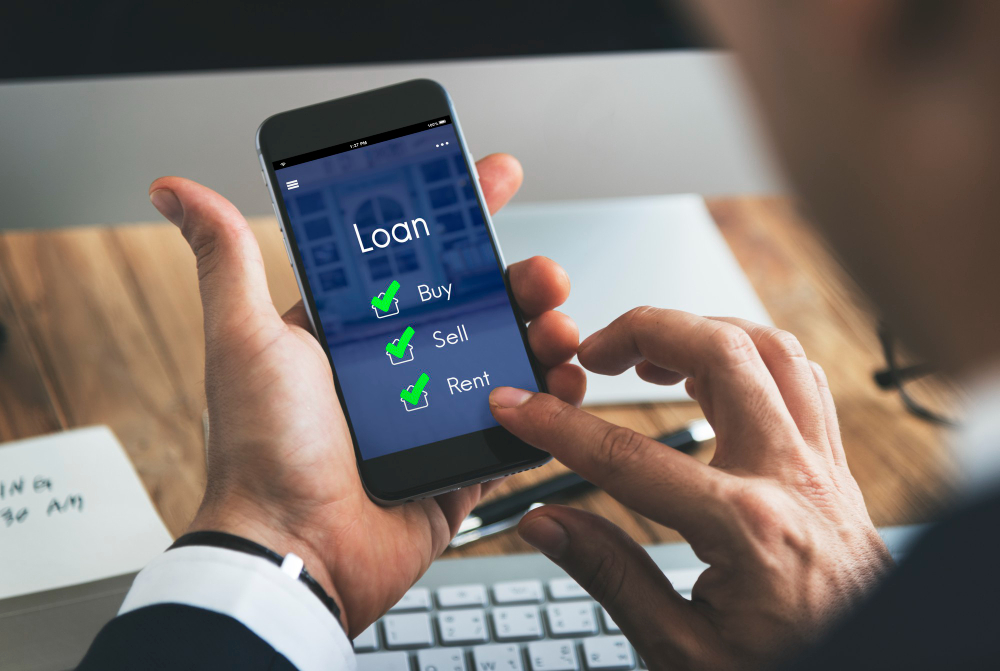Covid 19 has had a significant impact on our lives and businesses, with many people in the need for “instant money”. Loan sharks are now lurking in your smartphones disguised as seemingly legitimate money-lending and borrowing apps.
It is estimated that Covid 19 has resulted in over 10 crore people losing their jobs and small business owners dealing with a financial crisis. So, millions of Indians are using instant loan applications to make ends meet.
Cybercriminals are utilizing new methods to defraud mobile phone and computer users in order to take advantage of the uncertainty. Financial frauds have shot up dramatically as opposed to last year. Since March 2020, scammers have made more than 15 crore rupees from these applications, according on estimates.
Digital money lenders prey on the weak and those who require money, much like traditional loan sharks. While it may appear to be a great option at first, such experiences soon turn into nightmares as deadlines are missed. In some cases, interest rates can go as high as 60 to 100 per cent and to get these returns, customers are harassed through excessive calls and reaching out to their friends and family.
Here are some signs that the loan app you are dealing with is not genuine and most likely fake:
1. The lender isn’t bothered about your payment history and credit score
Loan scammers aren’t concerned with prompt repayment or your credit score. They frequently target high-risk borrowers who, in their desperation to obtain a loan, are less likely to thoroughly examine or investigate the terms and conditions of the loan app and, as a result, fall into their trap.
2. The lender pressures you to take decision immediately
Do not be coerced into taking out a loan by being offered a deadline. If you are confronted with an ultimatum from a lender to apply for one immediately, be wary; you may be dealing with a loan fraudster.
3. Fee is not disclosed properly
If your lender refuses to provide you with the comprehensive details of the application, appraisal, or credit report costs, walk away.
4. The lender’s website is not secure
Always look for Https:// on a lender’s website, as these are safe and the site is protected against identity burglars who steal personal information and sell it to other criminals. A trustworthy financial institution will make certain that your information is secure and won’t be exposed on purpose, protecting you from loan frauds in the process.
5. The lender has no physical office address
Make sure the lender you’re looking at has a physical office location. If you can’t find any real office address, avoid that lender. Many loan scam artists prefer to be hidden so they don’t face legal responsibilities.
Not able to get loan due to low CIBIL score?

